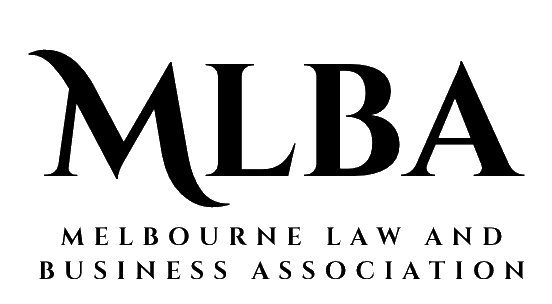
Greenwashing and the Law
By Kai Page and Tom Yaniv
As ASIC cracks down on greenwashing, ethical and climate-focused super funds may need to adjust their marketing materials and investment strategies to avoid significant penalties.
The $10.5 million penalty Federal Courts imposed on Active Super this March marks ASIC’s third successful greenwashing court action against a financial services provider.1 Vanguard Investments and Mercer Superannuation also received even higher fines last year, at $12.9 million and $11.3 million respectively.2 With three hefty fines and a series of additional infringement notices under its belt, the regulator has proven that protection against misleading representations about environmentally friendly and ethical conduct is a regulatory priority for a healthy Australian financial services industry.3
ASIC brought its case against Active Super on sections 12DB and 12DF of the Australian Securities and Investments Commission Act, which are general provisions preventing misleading representations without specificity to climate change.4 The penalties are a clear indication that ASIC will prosecute as greenwashing misleading statements about the environmental friendliness of portfolios, particularly where financial services providers make unequivocal statements of commitment to excluding certain types of investment or to climate-related goals. ASIC’s findings indicate that virtually all Australian super fund trustees were at least partially lacking in their disclosures.5
These three cases follow a fifteen month period of review leading up to June of last year in which ASIC undertook strategic adjustments to combat proliferating alleged greenwashing. In alignment with recommendations by the International Sustainability Standard Board (ISSB), the Australian government sought in particular to increase transparency in financial services.6 ASIC’s crackdown on greenwashing coincides with the government’s introduction of mandatory climate-related financial disclosures, which have significantly redefined climate reporting obligations for super funds.7 With other Australian regulatory bodies such as the ACCC also in hot pursuit of greenwashing cases, these greenwashing cases are a clear sign of a changing regulatory environment for climate-related investment services.8
What does this mean for supers?
The recent wave of enforcement actions signals a fundamental shift in how super funds must approach climate-related disclosures and ESG commitments. Regulatory expectations have tightened; greenwashing is no longer seen as merely a marketing misstep, rather, a legal and reputational liability. Going forward, super funds will face heightened scrutiny from regulators, and will need to reevaluate how they communicate sustainability claims, both to remain compliant and to preserve member trust.
Regulatory implications and disclosure risk
Regulators have shown that sustainability claims will be treated as financial representations, and misleading representations will attract enforcement action. With mandatory climate-related disclosures beginning from 1 January 2025, super funds must ensure that what’s reported is consistent with actual investment practices; super funds can no longer rely on vague or aspirational language.9
Legal, reputational and fiduciary risk
Greenwashing doesn’t just invite regulator action; it can expose funds to member complaints, litigation, and breaches of trustee obligations. Investors drawn to a fund for its ethical claims may argue they have been misled, opening the door to legal action grounded in fiduciary breach or misrepresentation.10Trustees also face growing pressure to demonstrate climate literacy and oversight.11 Reputationally, a public enforcement action can significantly damage a super fund’s image and erode member trust.
Strategic and operational response
Funds should move quickly to audit ESG claims, ensuring exclusions and climate goals are reflected in actual portfolios. Legal and compliance teams must work closely with marketing and investment teams to vet all external messaging. Super fund climate reporting will become more standardised, driven in part by the desire to align reporting with the International Sustainability Standards Board’s aims.12 Funds should begin adapting as early as possible to avoid last-minute compliance scrambles and concomitant regulatory scrutiny. Credibility will hinge on transparency, precision, and internal alignment; unsubstantiated ESG claims will no longer pass the pub test.
Conclusion
ASIC’s greenwashing lawsuits mark the beginning of a stricter era for ESG claims in the super industry. Funds must treat climate commitments as enforceable obligations, not mere brand positioning. Those who fail to adapt will face legal, financial and reputational consequences. Funds that lead with integrity will be best placed to navigate the shift, and reap the rewards, as more consumers continue to invest their superannuation in ESG-friendly funds.13
1 ASIC, Active Super ordered to pay $10.5 million penalty in ASIC’s third greenwashing court action (Media Release, 18 March 2025) <https://www.asic.gov.au/about-asic/news-centre/find-a-media-release/2025-releases/25-042mr-active-super-ordered-to-pay-10-5-million-penalty-in-asic-s-third-greenwashing-court-action/>.
2 Stevenson, Peta et al, ESG Claims in focus: ASIC chalks up another greenwashing win (Article, 25 March 2025) <https://www.kwm.com/au/en/insights/latest-thinking/esg-claims-in-focus-asic-chalks-up-another-greenwashing-win.html>.
3 ASIC, ASIC’s first greenwashing case results in landmark victory (Media Release, 2 August 2024) <https://www.asic.gov.au/about-asic/news-centre/find-a-media-release/2024-releases/24-173mr-asic-s-first-greenwashing-case-results-in-landmark-11-3-million-penalty-for-mercer/>.
4 Siva, Polat, Spin cycle: ASIC wins third ‘greenwashing’ case in the Federal Court, (Article, 16 April 2025) <https://hwlebsworth.com.au/spin-cycle-asic-wins-third-greenwashing-case-in-the-federal-court/>.
5 ASIC, ASIC’s Interventions on Greenwashing Misconduct: 2023–2024 (Report 791, August 2024) 23.
6 Ibid, 5.
7 Button, Jillian et al, Mandatory climate-related financial reporting is here: guidance for reporting entities, (Article, 15 May 2025) <https://www.allens.com.au/insights-news/insights/2024/09/mandatory-climate-related-financial-reporting-legislation/?gad_source=1&gad_campaignid=21837043843&gbraid=0AAAAAD_VHcDGgxS37gI-JLbQwk3w68WYK&gclid=CjwKCAjw7fzDBhA7EiwAOqJkhy0Z1LdQ9RN2FOg9H4tx63dlPDVZWlZxVWDgExYUHZXJakaizTDJQhoCpLQQAvD_BwE>.
8 Schoff, Paul, Greenwashing Enforcement | ACC launches court action over ocean plastic claims (Article, 18 April 2024) <https://www.minterellison.com/articles/accc-launches-court-action-over-ocean-plastic-claims>.
9 ‘Sustainability Disclosure Hub’, EY (Web Page, 25 July 2025) <https://www.ey.com/en_au/services/sustainability/sustainability-disclosure-hub>.
10 ‘The pub test and greenwashing – one and the same’, KWM (Web Page, 25 July 2025) <https://www.kwm.com/au/en/insights/latest-thinking/the-pub-test-and-greenwashing-one-and-the-same.html>.
11 ‘Pressure on three sides: Australia’s boards must address their climate risks’, Governance Institute of Australia (Web Page, 25 July 2025) <https://www.governanceinstitute.com.au/news_media/pressure-on-three-sides-australias-boards-must-address-their-climate-risks/>.
12 ‘International Sustainability Standards Board’, IFRS (Web Page, 25 July 2025) <https://www.ifrs.org/groups/international-sustainability-standards-board/>
13 ‘Australians demand more from their money: new report shows growing appetite for responsible investment’, Responsible Investment Association Australasia (Web Page, 25 July 2025) <https://www.responsibleinvestment.org/events-news/item/australians-demand-more-from-their-money-new-report-shows-growing-appetite-for-responsible-investment>

